The spy series "Seventeen Moments of Spring", shown in Soviet television in 1973, almost immediately gained the cult status and stays in it for almost half a century. "I love movies," aware of the blaspheme of his actions, nevertheless decided to appreciate the picture of Tatyana Lozinova through the prism of modern realities.
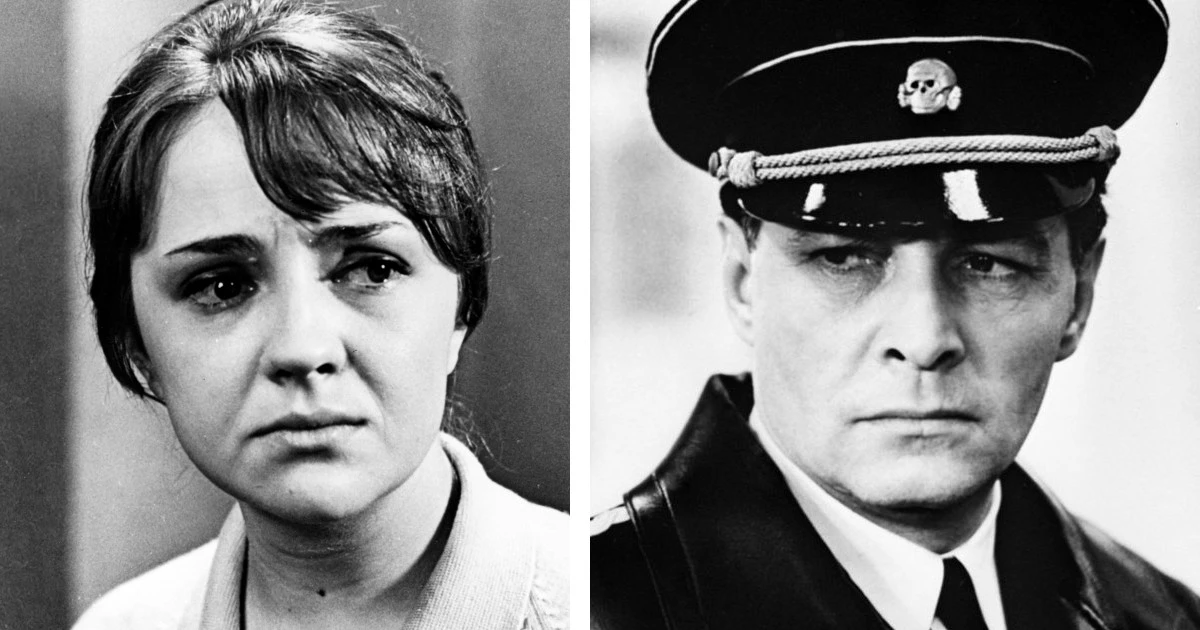
pros
The spy intrigue "Seventeen Moments of Spring" is certainly interesting today, especially since high-quality films about the third Reich, over the past 50 years, they removed little to the world. The ongoing demonization of the long-defeated enemy is to blame for this, forcing it through a mandatory set of stamps. Of course, these stamps are also in the film Lozinova, but they are surprisingly not enough (surprisingly from the point of view of stamps already about the Soviet Union as a total ideological state, which has been vasting creative freedom). In general, the leaders of the Third Reich are shown by conventional alive people who do not cause any antipathy. According to eyewitnesses, this realism has become one of the reasons for the popularity of the film - Military Propaganda people by that time saw a lot, but the human look at Hitler and his environment was a wonder.
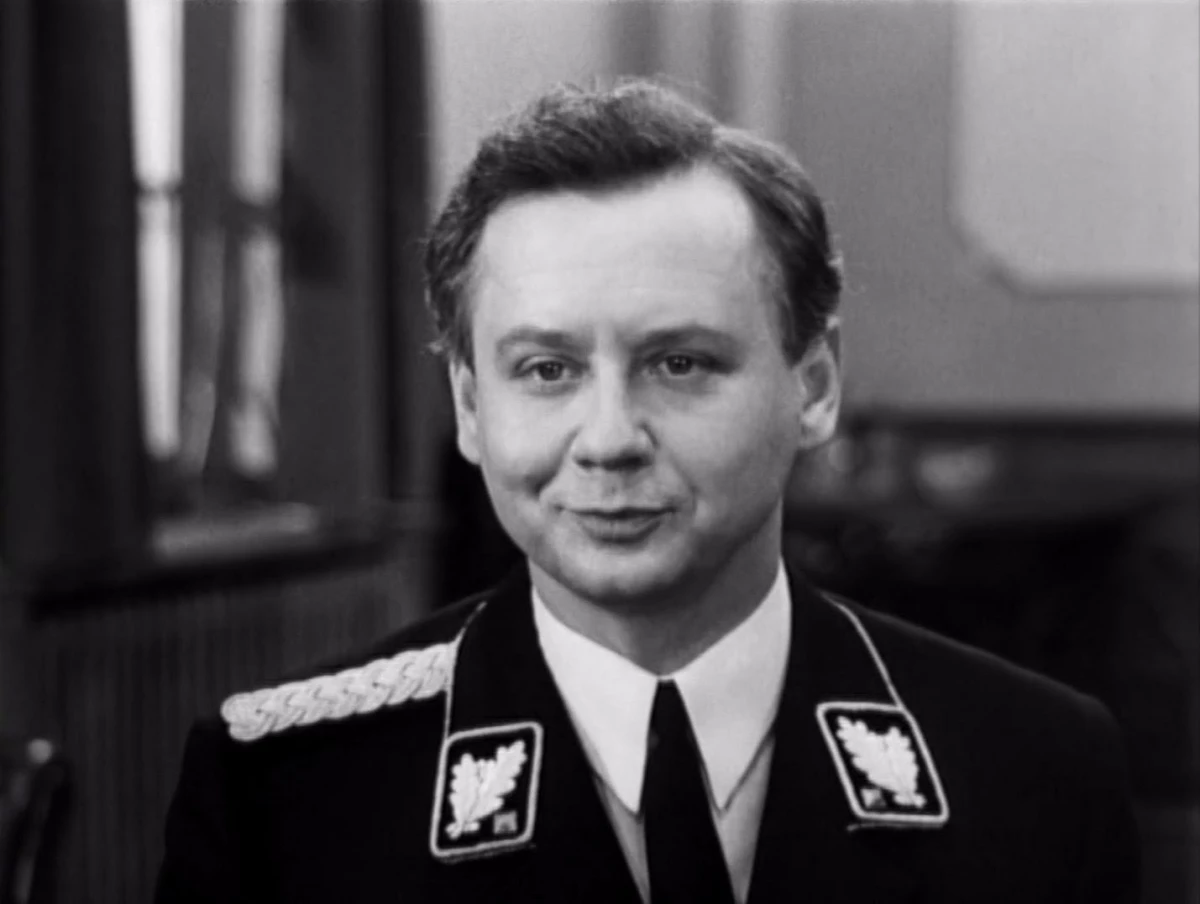
The plot of the paintings is bribed with its multipleness: on the macro level we see intrigue at the top of the Reich, who will like to love the "Games of the Thrones", and the next floor, the exciting history of Kati Kozlova's intelligence officers (Ekaterina Gradova), trying to save his newborn son and at the same time do not bring home. Completes the history of the Kat's radistian short, but the tragic line of Professor Playucher (Evgeny Evstigneev). Both levels of the narration successfully intertwine each other and intriguity equally.
From specific characters outside the competition is the head of Gestapo Henry Muller (Leonid Armored). Thanks to its final monologue about the future of Reich, this character reminds the attractive villain of Hans Landa (Christoph Waltz) from "Inchlastic bastard" Quentin Tarantino. And even surpasses him: if Landa turned out to be a unprincipled pragmatist, ready to sell his country for money, then Muller is a pragmatist ideological, and some of his words today sound like a commercial prophecy.
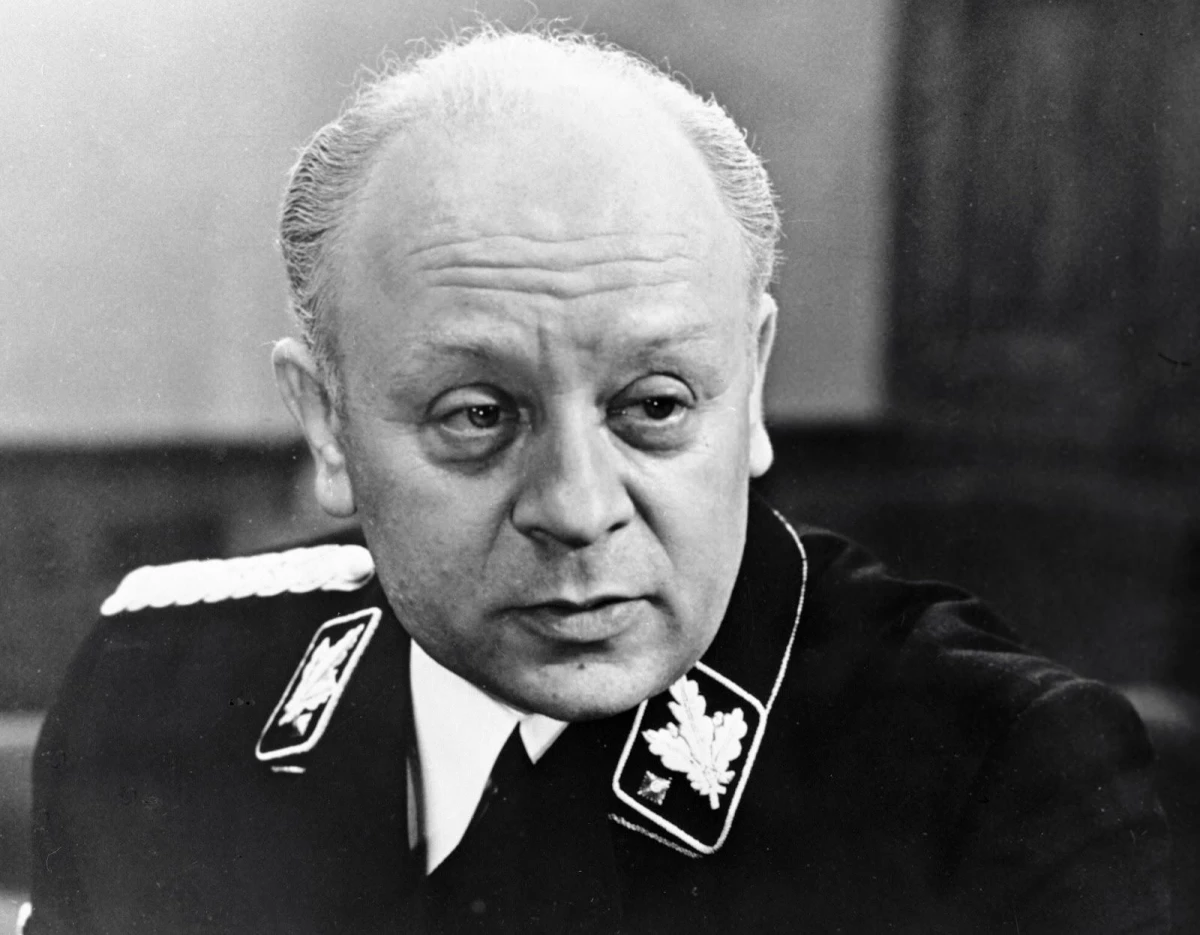
In the "Seventeen Moments of Spring" there is another character of the same scale - General of Wehrmacht (Nikolai Gritsenko), which appears in only one episode, but is remembered for a long time - in particular, in that it also predicts the future, especially when arguing about the Americans ("these Boils will destroy their same technique ").
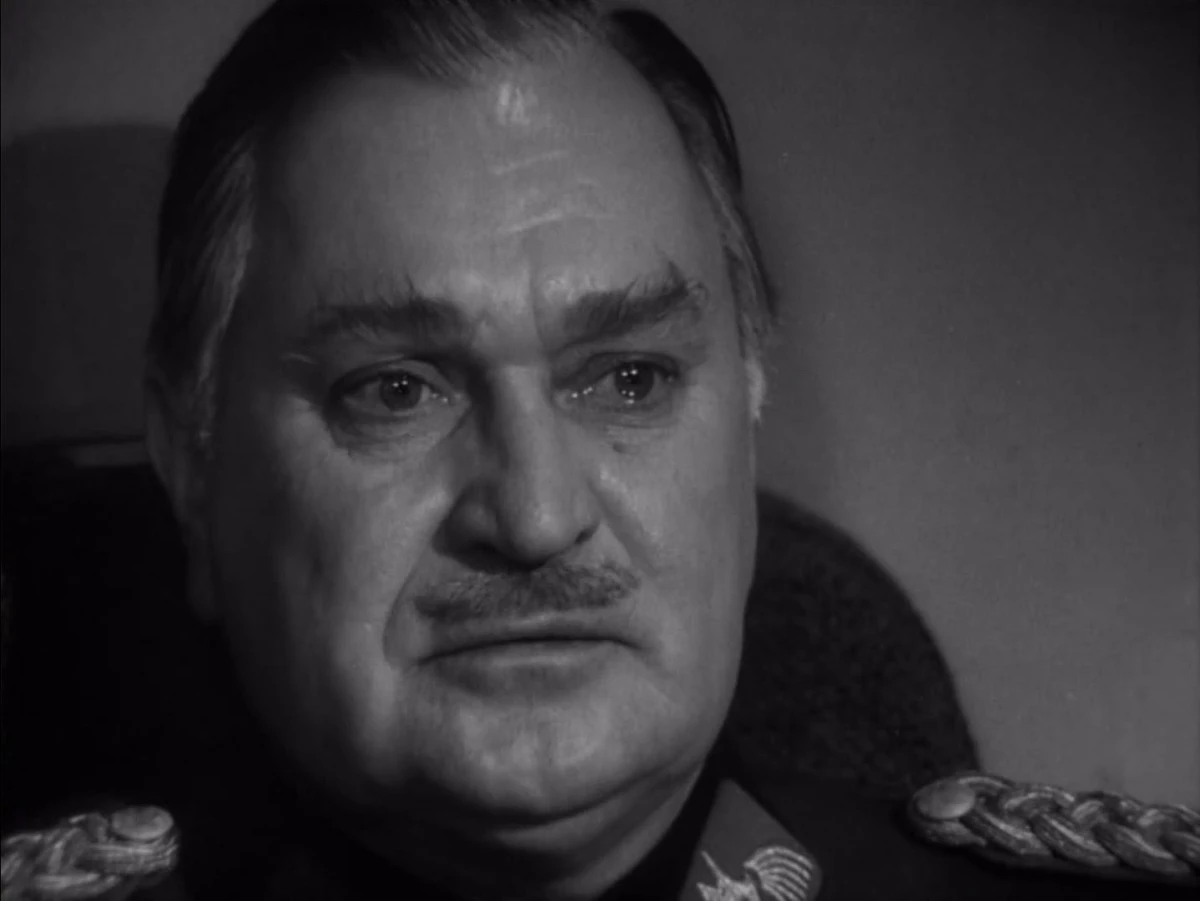
There are progress and director Lozinova. Perhaps the most striking of them became the scene from the penultimate series, in which a new party of German soldiers go to the front marching a new party of German soldiers going to the front - from small children to gray old old men - and we show their faces with piercing close-ups.
Minuses
The "seventeen moments of spring" there are a lot of weaknesses. So, in the film, there is still a propaganda, and in places it is absolutely ridiculous and helpless. For example, we are talking about each of the Nazi leaders: "Middle education" (although in reality they are all except Borman, studied at universities). This incident is convincingly explained by the fact that the problems with education were just from the Soviet leaders, which the film creators apparently did not want to "offend".
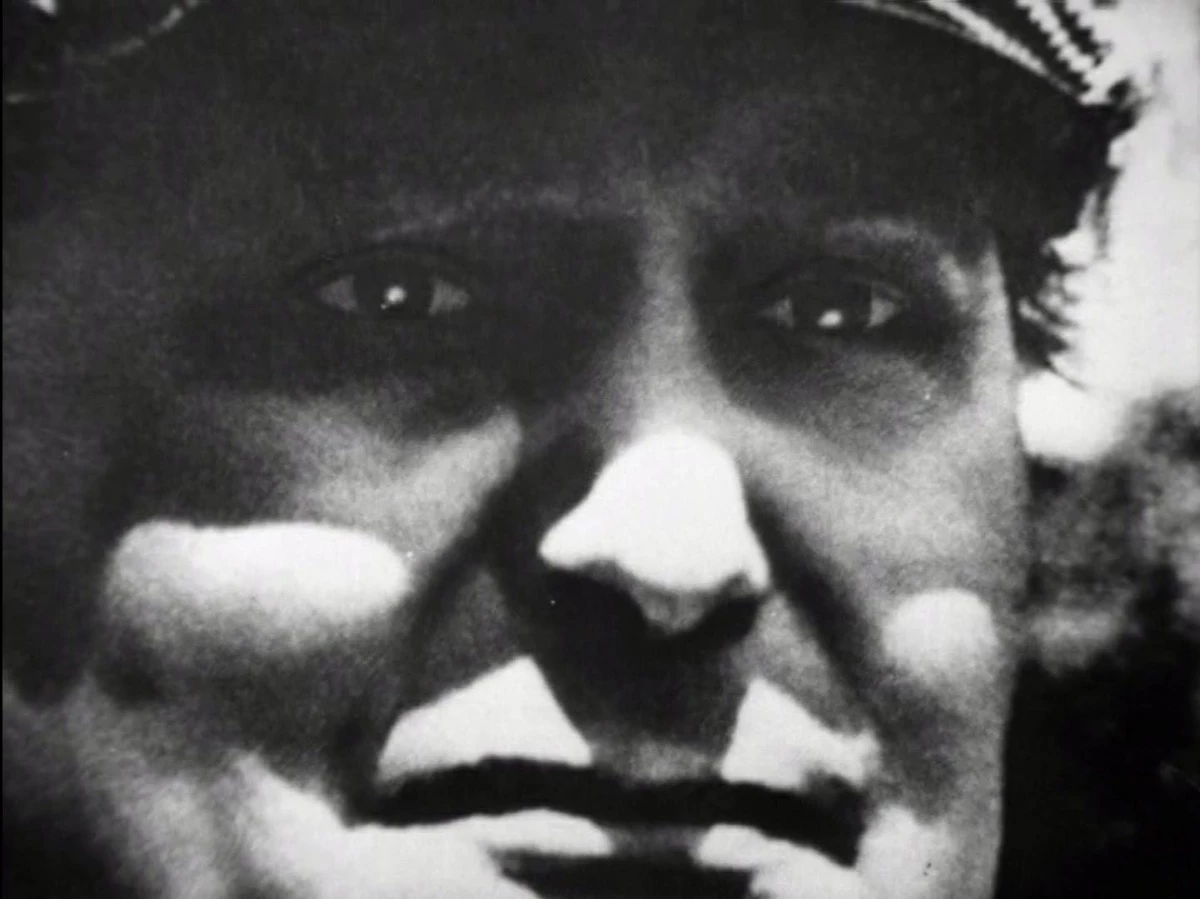
Impose spectators and communist propaganda. So, in one of the scenes of Stirlitz reflexes over what subconsciously counted himself to the Germans (although after 10 years of work under the cover would be strangely opposite). As if in justifying this "weakness", Vyacheslav Tikhonov's hero remembers how he saw the Communist leader of Ernst Telman, who made an indelible impression on him - in the spirit "here, there are normal Germans." It is especially strange that it sounds now when Telman, like other "foreign comrades," has long forgotten.
There are in the series and problems with realism. For example, the story of the shoot of the Kat radio player, together with the compassion-imbighted compassion, the German soldier from the Berlin apartment is completely impossible, and the famous Scene of a date of the Stirlitz and his wife produces a strange impression: it is difficult to believe that in 10 years they could not organize at least one normal meeting. As for the most important character, the Soviet agent Kim Philby was best expressed about him: "He would not hold his day with such a concentrated face!".
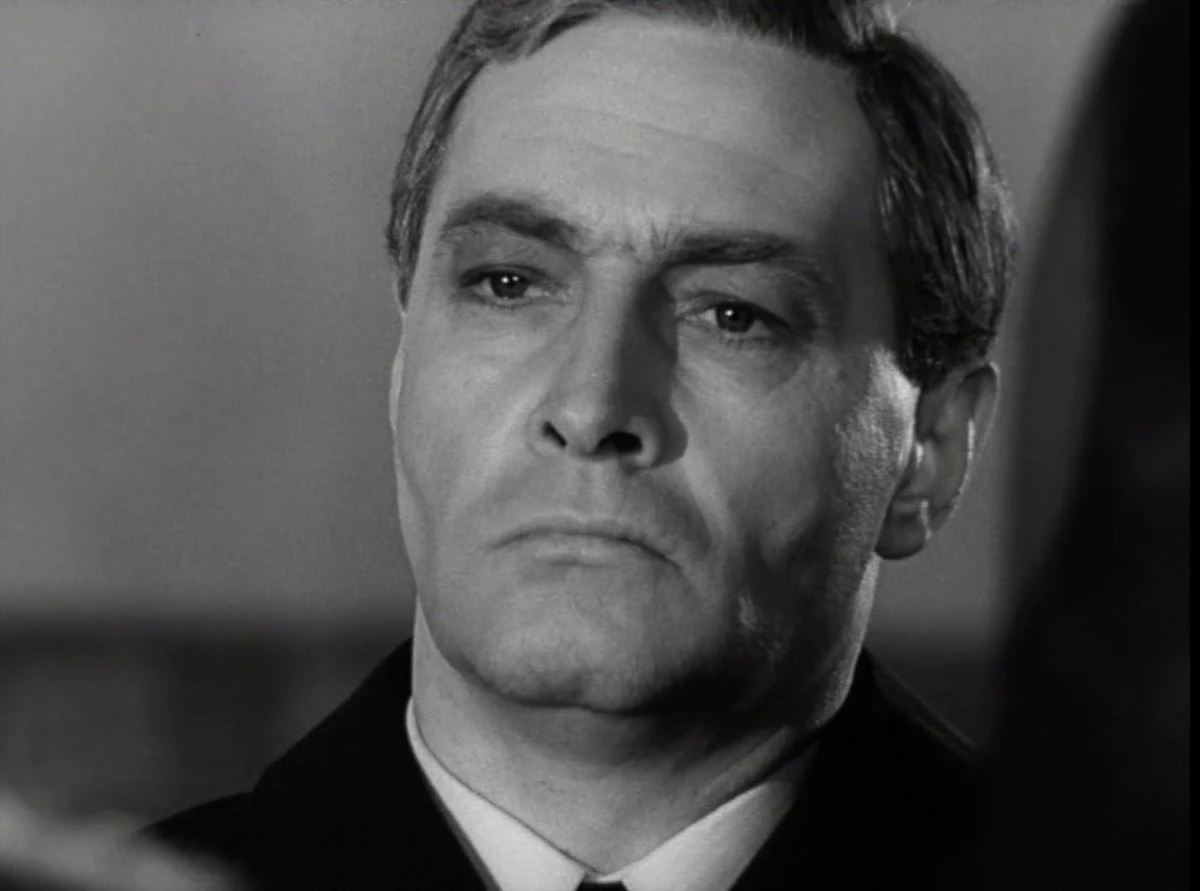
However, all these shortcomings are fused compared to one of the most important: "Seventeen Moments of Spring" is just a monstrous, unimaginable tightened series. It seems that this is done specifically in order to bully the viewer. In any case, to explain something else the presence of ridiculous characteristics ("Nordic, persistent") or scenes like the one in which Stirlitz entering the yard of his house for a minute and parks the car, difficult. Dynamics and permanent documentary inserts are not added, as well as the ground (that is, forgive, voice-over) Voice of Efima Kophelin, under which only one thing is good - fall asleep.
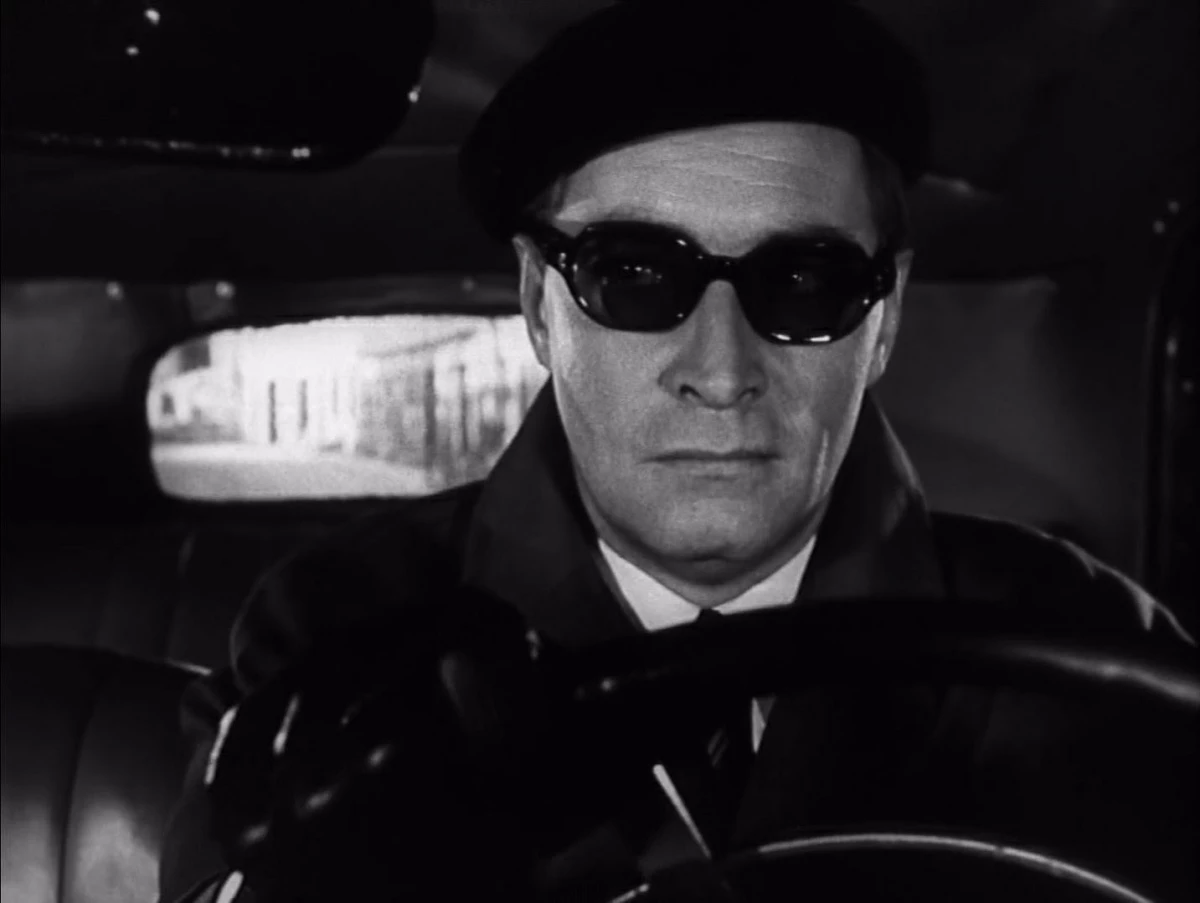
In zero years, the series tried to "seem to see" and, in addition to coloring, a little reduced the duration of the series. This caused a predictable negative reaction, but in principle it did not make much sense. In order for the "seventeen moments of spring" at least a little closer to the modern standards of cinematic dynamics, it must be reduced at least three times. At the same time, no deterioration will occur: two thirds of the film in principle are not needed for anything. For example, in the first three series of plot development, there is practically no (and each of them lasts more than an hour). From the film Lozinova, you need to throw out a number of characters, and not only the secondary, like Frau of the Raulton (Emilia Milton), Gaby support (Svetlana Svetlynaya) and Kurt Iceman (Leonid Kuravlev), but also occupying quite a lot of screen of the pastor of the Shg (Rostislav dust), Demonstrating only the inactivity and pseudo-intruded nonsense. It is likely that from the "seventeen moments of spring", without loss of quality, make one full-length film (let and not the shortest).
Output
Of course, to reduce the legendary picture is unlikely to succeed: it has already been "drought too," it became "untouchable." We will risk assumed that as a result, it simply no one will look - except that the "best moments" on YouTube. However, now "seventeen moments of spring" is largely in the form of parodies and jokes about Stirlitz, and not as a living work of art.
The unprecedented popularity of the series Liosnova was caused by the circumstances of the place and time, but when the living people of that era would not remain, with a large probability, this film will finally turn into a museum exhibit. In this, of course, there is nothing terrible: in museums, like in the cinema, people will always walk. Just the status of the immortal classics will get to someone else.
